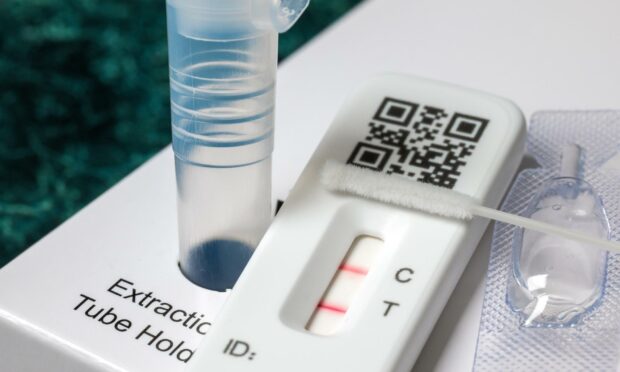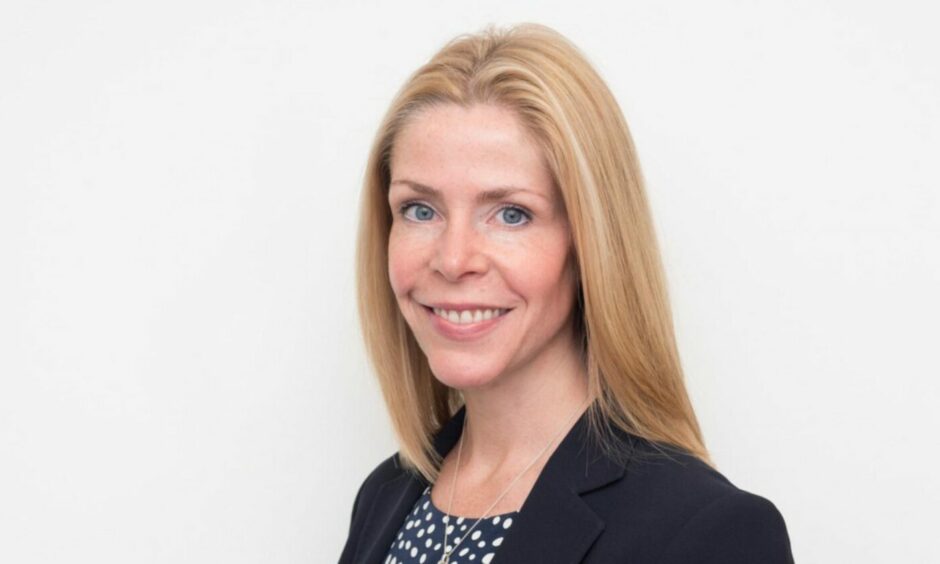A government advisor has said there is no need for panic despite figures showing one in 40 people in Scotland have Covid.
Linda Bauld, the Scottish Government’s chief social policy advisor has said the rise in cases will not mean a return to restrictions.
She urged people to get their vaccine if they were offered one.
Figures show that 637 people are in hospital or ICU with Covid in Scotland the highest increase in a number of months.
Fourth doses of the Covid vaccine are currently being offered to people over 75, and those with underlying health conditions.
On BBC Radio Scotland’s Good Morning Scotland, on Saturday Professor Linda Bauld said: “The trend is uncertain, so I don’t think we can be definitive.
“There are some signs from other countries, so we might well expect a rise in Covid numbers.
“International colleagues are saying it would not be unusual to see waves of infection every three to four months.”
She continued: “We have been dealing with the Covid-19 BA.2 variant, which we know is very transmissible. But there are some new kids on the block, BA.4 and BA.5. Which may have an additional growth advantage.
She said variant BA.5 still only accounts for a small number of cases in Scotland, but warned those numbers may be growing.
“Hospital numbers are still low – we have seen an uptick in June,” she continued, “at the moment there are 637 in hospital and in ICU – which is higher than on May 29”.
“So, we are seeing some areas of concern but we just cannot be definitive yet.
Once it takes hold, numbers could go up
She continued: “A lot of colleagues are saying this may be another wave.
“There absolutely is no evidence our vaccines have stopped working. We know that they confer good protection.
“We are not going back to the old days of restrictions and panic.
“But we do need to be aware we might be heading into another couple of weeks where it is more common that people are being infected with the virus.”
She continued: “Be alert but don’t panic at this current time.”
Ms Bauld said people should have vaccinations when offered, and wear masks on busy public transport, in health and social care settings and in poorly ventilated areas.”


Conversation